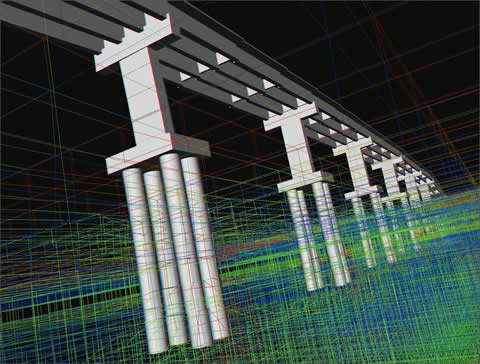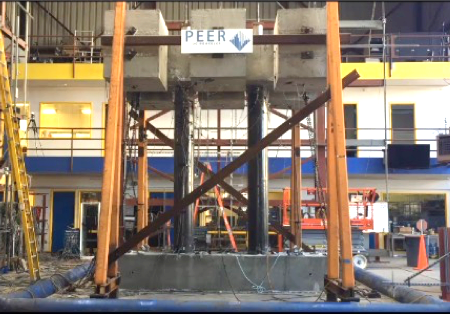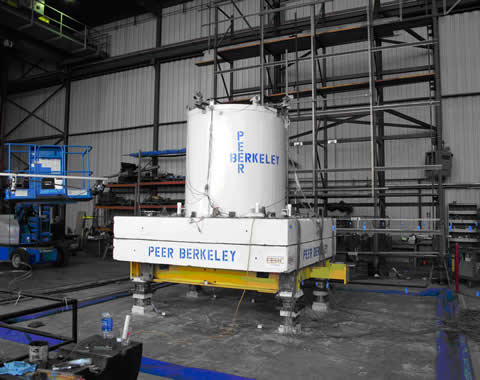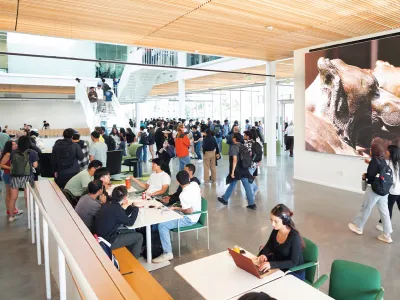Pacific Earthquake Engineering Research Center

The Pacific Earthquake Engineering Research Center (PEER) is a multi-institutional research and education center with headquarters at the University of California, Berkeley. Investigators from over 20 universities, several consulting companies, plus researchers at various State and Federal government agencies contribute to research programs focused on performance-based earthquake engineering in disciplines including structural and geotechnical engineering, geology/seismology, lifelines, transportation, risk management, and public policy.
PEER’s mission is to (1) develop, validate, and disseminate performance-based engineering technologies for buildings and infrastructure networks subjected to earthquakes and other natural hazards, with the goal of achieving community resilience; and (2) equip the earthquake engineering and other extreme event communities with new tools for seismic hazard mitigation, through collaboration between PEER institutions and industry partners.

A key goal of PEER's research efforts is to define appropriate performance targets and develop engineering tools and criteria that can be used by practicing professionals to achieve those targets, such as safety, cost, and post-earthquake functionality. In addition, PEER actively disseminates its findings to professionals who are involved in the practice of earthquake engineering, through various mechanisms including workshops, conferences, and the PEER Report Series. PEER also conducts Education and Outreach programs to reach students, policy makers, practitioners, and others interested in public policy and research related to earthquakes and the built environment.
PEER was established as a consortium of nine West Coast Universities in 1996 and gained status as a National Science Foundation Engineering Research Center in 1997. PEER graduated from NSF Funding in 2008 and is now supported by federal, state, local and regional agencies together with industry partners. Despite this funding shift, PEER remains an active earthquake engineering research center with a wide spectrum of technical activities and projects. PEER now has eleven Core Institutions but also actively involves researchers, educators, students, and earthquake professionals from across the US and worldwide. PEER’s Core Institutions include University of California, Berkeley (Lead Institution), California Institute of Technology, Oregon State University, Stanford University, University of California at Davis, University of California at Irvine, University of California at Los Angeles, University of California at San Diego, University of Nevada, Reno, University of Southern California, and University of Washington.

PEER's facilities at UC Berkeley include PEER's administrative headquarters in Davis Hall, and two facilities at the Richmond Field Station: the PEER-UC Berkeley Laboratory and the National Information Service for Earthquake Engineering (NISEE) Library. The shaking table in the Laboratory, dedicated in 1972, was the first of its kind, and at 20 ft. x 20 ft. is one of the largest multidirectional shaking tables in the world.
More information about the Center can be found on the PEER website, including descriptions of PEER's current research projects, latest news articles, and upcoming events.

